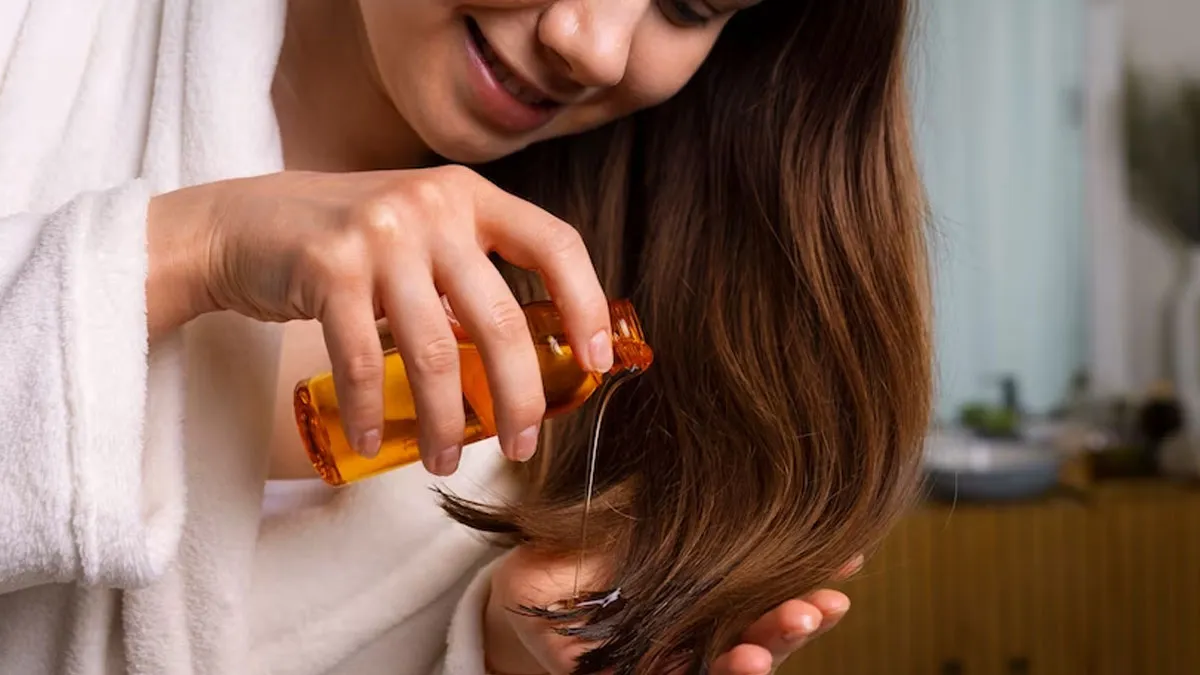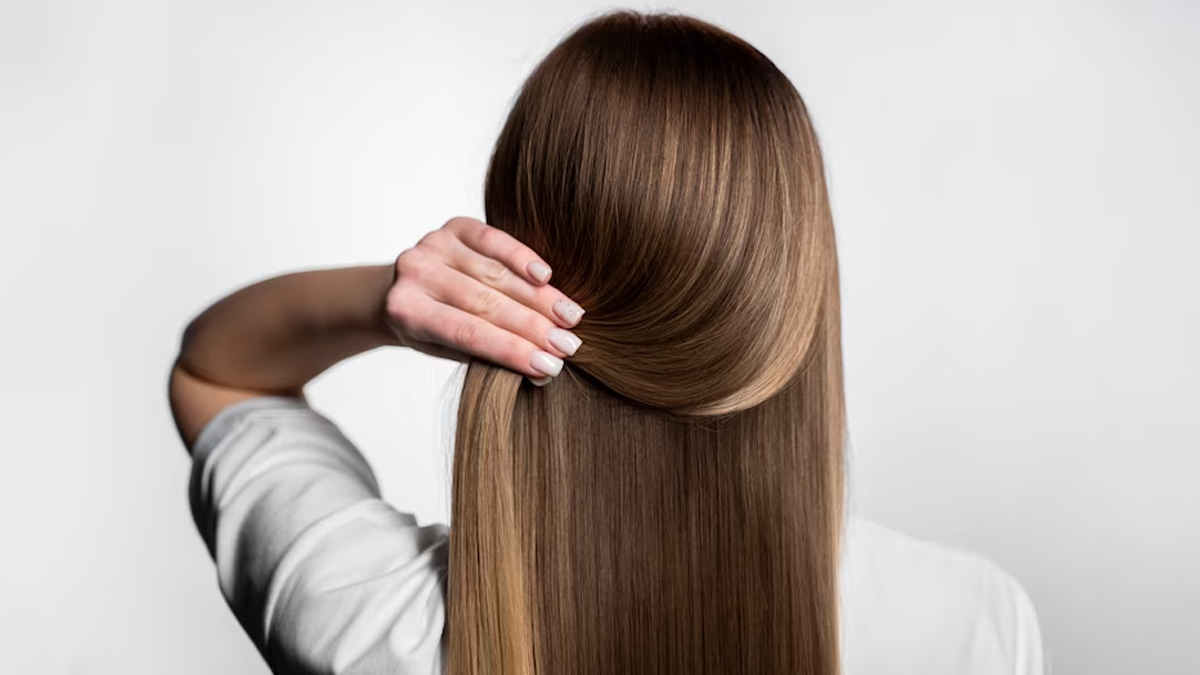
The monsoons, though a relief from the blistering heat, tend to bring along with them their own special set of problems for our scalp and hair. Higher humidity levels give rise to frizz, stickiness, dandruff, and even hair loss. This is where the ancient practice of head massage steps in to the rescue, not only providing relaxation but also a versatile tool for healthy hair. But amid all these choices, what really is the best oil for a monsoon head massage? In an exclusive interaction with the editorial team of Onlymyhealth, Dr Sanjeev Gulati, Dermatologist, Department of Dermatology, Sharda Hospital, Noida, explained in detail what would work best for you. Read ahead to know!
Table of Content:-
Why Head Massages are a Must During Monsoon
Dr Gulati highlighted that it is important to understand why head massages are especially a must during this season. Here are a few reasons why:
- Better Circulation: A proper head massage induces blood flow to the scalp, bringing vital nutrients to the hair follicles and encouraging healthier hair growth.
- Less Frizz and Dryness: Monsoon humidity can end up drying out your locks. Massaging the hair with the right oil helps to seal moisture and fight frizz.
- Dandruff Control: Most of the monsoon-related scalp problems, such as dandruff, are relieved by frequent oiling and massage, which keep the scalp moisturised and prevent flakiness.
- Relaxation from Stress: The cyclical movement of a head massage is very soothing, relaxing monsoon-caused stress and anxiety.
- Hair Strengthening: Frequent oiling strengthens the hair shaft, causing less breakage and hair fall often caused due to the humid weather.
Also Read: Hair Treatments to Go for This Monsoon, Cosmetologist Explains

Top Oils for Monsoon Head Massages
When choosing an oil for your monsoon head massage, think about how well it can moisturise, nourish, and combat typical monsoon hair problems.
1. Coconut Oil
Why it's good for monsoon: Coconut oil is an all-rounder. Due to its compact molecular structure, it can travel deep inside the hair shaft, cutting down on protein loss and damage. It's also antifungal and antibacterial, which makes it great at keeping scalp infections at bay, which are more likely to happen in humid weather.
Benefits: Deep conditioning, protein loss reduction, fights frizz, antifungal.
Best for: All hair types, particularly dry and frizzy hair.
2. Neem Oil
Why it's good for monsoon: Neem oil is a storehouse of medicinal properties. It's famous for its antifungal, antibacterial, and anti-inflammatory properties that make it perfect to fight against dandruff, scalp infections, and itching that begin to rise during the monsoon season. Its pungent smell can be overpowered by blending it with other carrier oils.
Benefits: Great for dandruff and scalp infections, calms inflammation, and encourages scalp health.
Best for: Greasy, flaky, or dandruffy scalps.
3. Bhringraj Oil
Why it's awesome during monsoon: Bhringraj is an Ayurvedic herb that's a hair superstar. Bhringraj oil helps strengthen hair, curb excessive hair fall (a monsoon gripe) and even halt premature greying. Bhringraj has a cooling effect, which is especially comforting during damp weather.
Benefits: Stimulates hair growth, prevents excessive hair fall, cooling effect.
Best for: Hair loss, thinning hair, and those looking to enhance hair thickness.
Also Read: Does Your Scalp Feel Itchy During Monsoon? Here Are Its Causes and Remedies to Try

4. Almond Oil
Why it's good during monsoon: Packed with Vitamin E, magnesium, and omega-3 fatty acids, almond oil is extremely moisturising. It's lighter in comparison to some other oils and would be suitable if you prefer not to use heavier oils, as they get too greasy in humid weather. It smoothes hair cuticles, gives hair a nice shine, and tames frizz.
Benefits: Moisturises, gives shine, minimises frizz, fairly light.
Ideal for: Dry, lifeless, and frizzy hair; good for most types of hair.
5. Jojoba Oil
Why it's best for monsoon: Jojoba oil stands out in the fact that its molecular make-up is very close to our natural sebum on the scalp. Thus, it's a great option to balance the oil production, i.e., to regulate oily or dry scalps. It's not greasy and does not clog pores, so it is perfect for scalps that are prone to breakouts.
Benefits: Regulates scalp oil production, non-comedogenic, deeply moisturising.
Best for: Oily scalps, sensitive scalps, and those with scalp acne.
The Verdict
According to Dr Gulati, there is no single best oil, as the best choice relies on your individual hair and scalp requirements. “But generally, as an all-rounder during the monsoon, Coconut Oil tends to be a top contender because it has such general benefits and can penetrate so deeply,” he concluded.
Enjoy the monsoon season with healthy, cheerful hair! With the right oil and routine head massages, you can tackle the pitfalls of humidity and emerge with gorgeous, healthy-looking hair.
Also watch this video
How we keep this article up to date:
We work with experts and keep a close eye on the latest in health and wellness. Whenever there is a new research or helpful information, we update our articles with accurate and useful advice.
Current Version